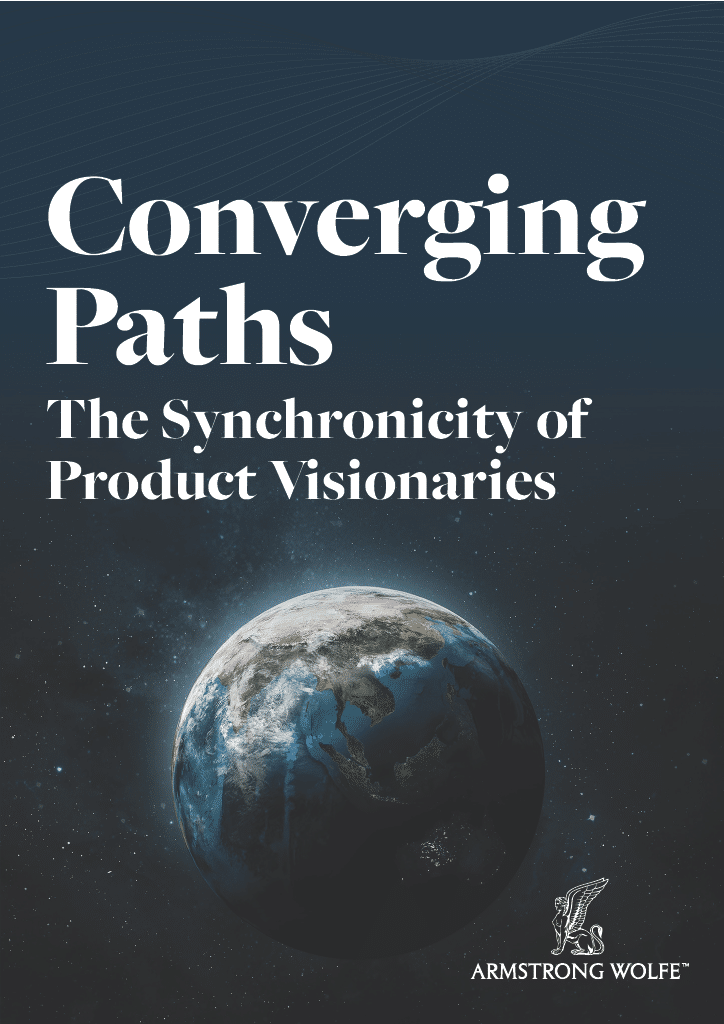At the Armstrong Wolfe COO Community Webinar, the topic of how to lead in these unprecedented times was hotly discussed. Deborah Challinor (Partner, Sionic) and Aran Dadswell (Director, Sonic) engaged with over 25 global COOs to help determine answers to how leadership today and going forward will have to be different.
How are leaders feeling?
There was significant acknowledgement that leadership at the moment is extremely challenging with people shifting across the thriving, surviving, struggling spectrum; keeping projects on track while also looking at how to rapidly adapt the business to a different economic world
Examples of thriving included mobilising at-home based call centres in under 24 hours. While at a day to day level it was clear that effective leaders have to build in “time for people to respond to urgent items and park their impatience” as team members work varying times across any 24 hour period. It is also clear that at times all leaders are struggling with maintaining connected teams with an emerging disquiet as some people are working really hard and others are just not able to do so for all sorts of reasons.
Re-sizing the triangle
Against this backdrop, Deborah and Aran tabled that one of the major challenges for leaders is re-sizing the organisation triangle: balancing “Commercial Priorities”, “People & Teams” and “Clients & Customers”. The world economy is continuing to take a massive hit. All businesses will have to revisit their overall goals, evaluate their breadth of services, make cost savings, re-prioritize change: “digital service will be at the heart of Banking but not without significant impact on real estate, risk management and longer term organisational culture”.
However People & Teams will be key to future success and the necessary focus and investment in People & Teams may have to be at the expense of some commercial goals as new ways of working become the norm but with greater acknowledgement of resistance and the stress that comes with this.
Clients & Customers will have different perceptions of your business and how you have been there for them during this time. For Banks this may extend to a much more holistic view of what a bank is to a client and also require compromised commercial priorities.
How to be a successful leader now
This group of leaders concurred that “mindset is everything!” in leading the resizing the triangle. Sionic led a discussion on the core components of a winning mindset: “the attitude you choose to take at work” to deploy your skills and focus on what underpins success. It starts with having the courage to reflect on your own strengths and vulnerability and to use your courage to challenge thinking and act decisively
Secondly it means combining your courage with empathy to show your human side through caring, listening and acting with integrity
And thirdly it means being adaptive. Starting with “can do” so you are able to demonstrate speed, nimbleness and responsiveness to enable others to successfully manage the many demands of work and personal priorities, while meeting customers’ revised expectations within a challenging environment.
Biggest piece of advice to leaders: “Put on your own oxygen mask first”
The neuroscience of the brain points to one major conclusion on being a successful leader. To have a winning mindset requires you to take care of yourself first so you can be “your best self”. The limbic system involved in motivation, emotion and learning influences other systems, in particular the prefrontal cortex which guides behaviour and though the right nurturing impulsive and counter productive leadership styles can be moderated.
“Putting on your own oxygen mask first” means being fully aware of how you are feeling and taking time to manage both negative and positive feelings. This is where mindfulness can be so helpful even just 10 mins a day focusing on clearing your mind can help with the most stressful of days. Which leads to also acknowledging the importance of resilience and developing your own strategies as a leader so you can keep going and manage an end to the current “blurring of the working week into the weekend and establishing clearer boundaries between work and play”
So coming out of this current pandemic and establishing a new norm in many cases is not going to be easy but the leaders that take the time to think about courage, empathy and being adaptive, starting with looking after themselves will be the leaders with the biggest impact on people, teams, clients and the organisation.












